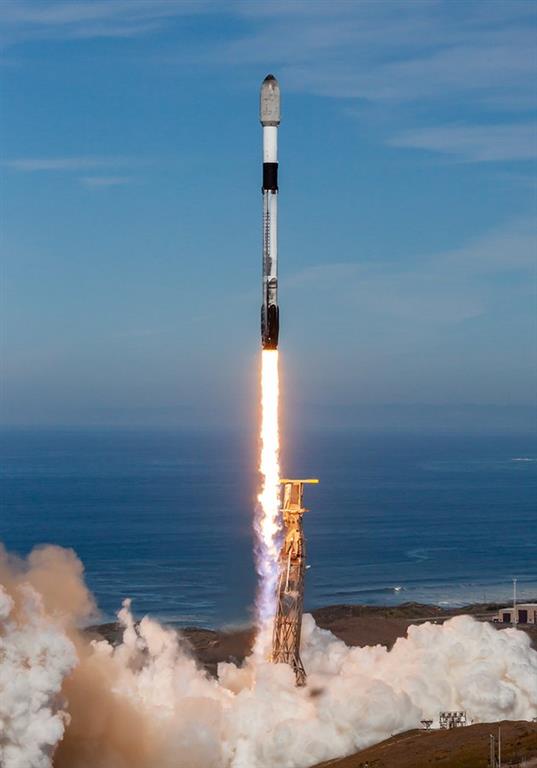Designed and developed by a team of Djiboutian researchers, this nanosatellite launched into orbit the day before from the Vandenberg Space Station will be placed at an altitude of 520 kilometers to carry out its mission of providing climatological data to the local Center for Studies and Research, according to La Nation newspaper.
It will also be used for real-time transmission of data from stations scattered throughout the territory (areas without Internet coverage and sometimes difficult to access), such as climatological and seismological stations.
President Ismail Omar Guelleh called the launch of the satellite a historic moment and stressed that “Djibouti is entering a space age, contributing to the collection of crucial data for our nation. #djibouti #SpaceX,” he wrote on his account on the social network X, formerly Twitter.

The newspaper recalled that three years ago, Guelleh commissioned the Ministry of Higher Education and Research (Mensur) to have a Djiboutian team develop a nanosatellite. To this end, the Ministry partnered with the University Space Center of the University of Montpellier (CSUM), a French leader in the field.
jrr/mem/nmr









